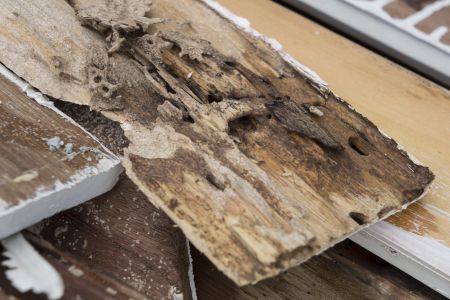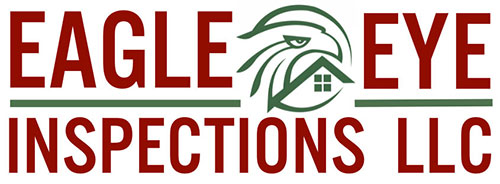WDO / Termite Inspections To Protect Your New Jersey Home

One reason termite inspections are so important for New Jersey homes is that you may not realize there’s a problem until damage appears. By then, the damage is worse than you could anticipate and you’re in for some serious work to salvage your home.
If you’re scheduling professional home inspections it may not be enough to unearth evidence of previous termite infestation. While a previous infestation isn’t a deal-breaker, it does raise concern making termite inspections that much more important.
The foundations and structural integrity of the home should be more thoroughly checked. Also, any repairs made in the wake of an infestation should be assessed to make sure they’ve helped actually make your home more structurally sound.
Find Wood Destroying Organisms In Your Home With A WDO Inspection
Termite inspections can also be referred to as wood destroying organism inspections or WDO inspections. It’s not something a home inspector checks for in-depth, so it’s a good idea to arrange for a specific one.
- The professional you work with for a WDO inspection should work for you and not the seller or real estate agent. Our jobs isn’t to try to kill a deal but it is to keep you informed as a potential buyer, about the true condition of your investment.
- It’s important also to not let anyone try to rush your inspector. It can take upwards of an hour or so, and everyone should plan accordingly. Trying to hurry the inspection process often means someone is trying to hide something.
- This process is often required by a bank to secure a loan but it’s important to not view it as a hassle. This is in your best interest and can help you save a great deal of stress and money.
When it comes to termite inspections in New Jersey, give our pros at Eagle Eye Inspections, LLC call.
Latest Termite Inspection Projects
Termite Mud Tubes in Cresskill, NJ – This project was completed for a 5-year old house in Cresskill, NJ. Termite mud tubes noted. Termites are susceptible to dehydration, so they seek out moist areas of the home. You might find them in your bathroom, laundry room, or near baseboards.

